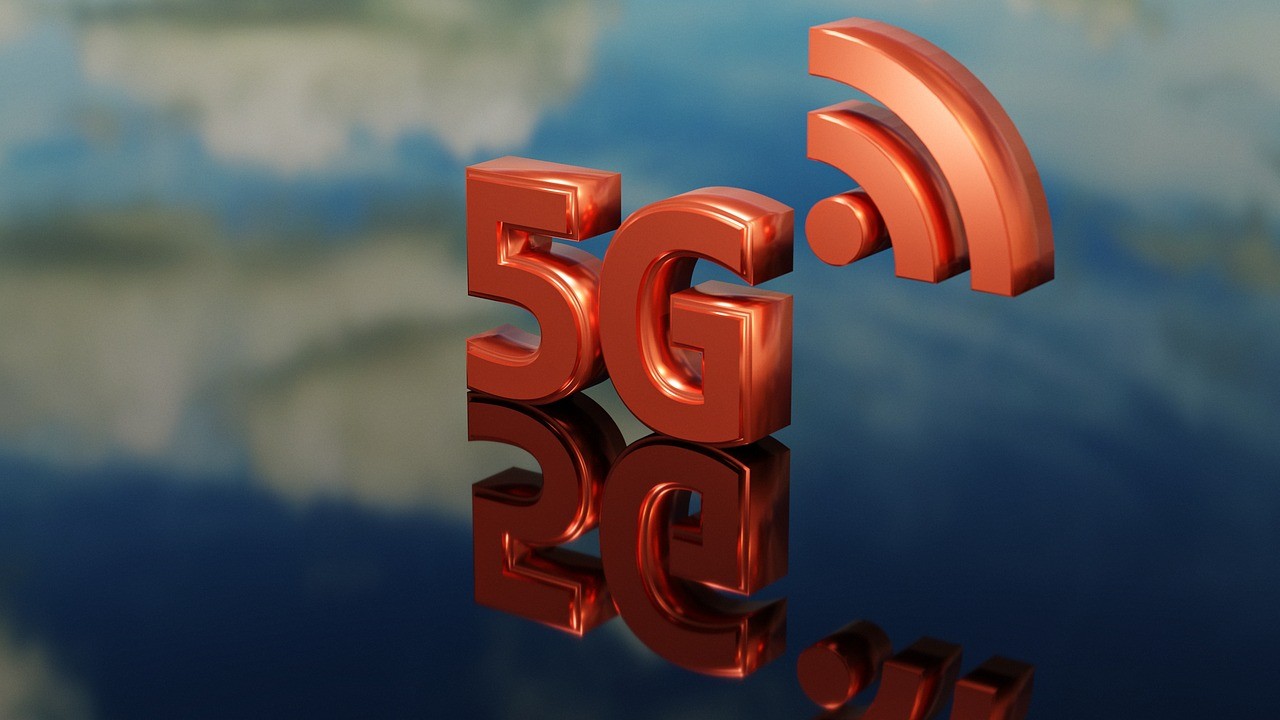
The fifth-generation wireless mobile phone network, which is more commonly referred to as the 5G network, was first switched on in the United Kingdom in 2019, and since then, there has been no looking back.
The UK is now recognized as one of the top ten countries in the world for having the best 5G coverage, along with South Korea, China, Germany, Canada, Australia, Japan, Saudi Arabia, Switzerland, Brazil, Finland, France, and Italy.
Let’s dive straight in and take a closer look at the latest updates on 5G in the UK today.
Current status
5G coverage is now widely available in most parts of the United Kingdom, even in some of the harder-to-reach areas.
However, some 5G providers currently offer slightly better services than others in certain areas, and surprisingly, there are still a few smaller cities where none of the major wireless mobile network service providers have rolled out 5G.
Who are the main 5G providers in the United Kingdom?
The four main providers of 5G in the UK today are the following:
- O2
- Vodafone
- Virgin Media
- Three UK
- BT
Sky Mobile is another company that also now has 5G access in many parts of major UK cities. HMD Global is also planning to partner with a major provider to offer 5G services.
What are the benefits of 5G for mobile users?
Smartphone and tablet users have several benefits when connecting to the 5G wireless network. Their most obvious advantage is significantly faster speeds.
For example, 5G is capable of delivering as much as 20 Gbps (Gigabits-per-second) faster peak data rates and over 100 Mbps (Megabits-per-second) average data rates. The network was designed to improve the efficiency of mobile phone networks and handle even more traffic capacity (up to 100 times more than 4G).
Mobile phone users can now play their favorite triple-A, graphically demanding video games, watch their favorite 4K Ultra HD movies and television shows, or play cutting-edge live dealer online casino games with basically zero latency.
In other words, 5G mobile users don’t have to worry about annoying lagging, buffering, or stickiness issues when playing games/watching movies, thanks to the lower latency the 5G network provides.
The three main benefits of 5G for smartphone and tablet users are instant response times, more connected devices, and more data. In other words, lower latency, increased bandwidth, and much higher capacity.
These are just some of the main benefits that 5G brings with it. There are many others, and there will continue to be even more benefits with the continuing rollout of 5G.
What are the best 5G-ready smartphones in 2023?
If you’re looking to invest in a 5G-ready smartphone, here are five of the best devices money can buy in 2023. They include the following top-of-the-range smartphones:
- Samsung Galaxy S23 Ultra
- Apple iPhone 14 Max Pro
- Samsung Galaxy S23
- One Plus 11 5G
- Apple iPhone 14
Other trusted 5G-ready smartphones on the market today are the Google Pixel 7, the Apple iPhone 13 mini, and the Asus ZenFone 9.
If you’re interested in getting a foldable smartphone with 5G capabilities, you have the Samsung Galaxy Z Fold4 5G, the Samsung Galaxy Z Fold42 5G, the Samsung Galaxy Z Flip3 5G, and the Motorola RAZR 40 Ultra 5G.
What does the future hold for 5G?
Based on current trends and expert predictions, the global 5G market is expected to climb to around 20% CAGR (compound annual growth rate) over the next 52 months, taking us right up to 2028.
Data speeds are likely to increase even further, and bandwidth capabilities will become much higher than today. Even more connected devices will continue to rely on quicker and more secure data transfers, and the cutting-edge computing devices that can connect to the 5G network over the coming years will also improve in ways we cannot yet imagine.
Subscribe to our mailing list
Get the latest game reviews, news, features, and more straight to your inbox
Thank you for subscribing to Bonus Stage.
Something went wrong.
-
Gameplay - 0/10
0/10
-
Graphics - 0/10
0/10
-
Sound - 0/10
0/10
-
Replay Value - 0/10
0/10


